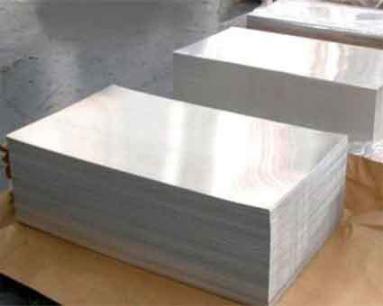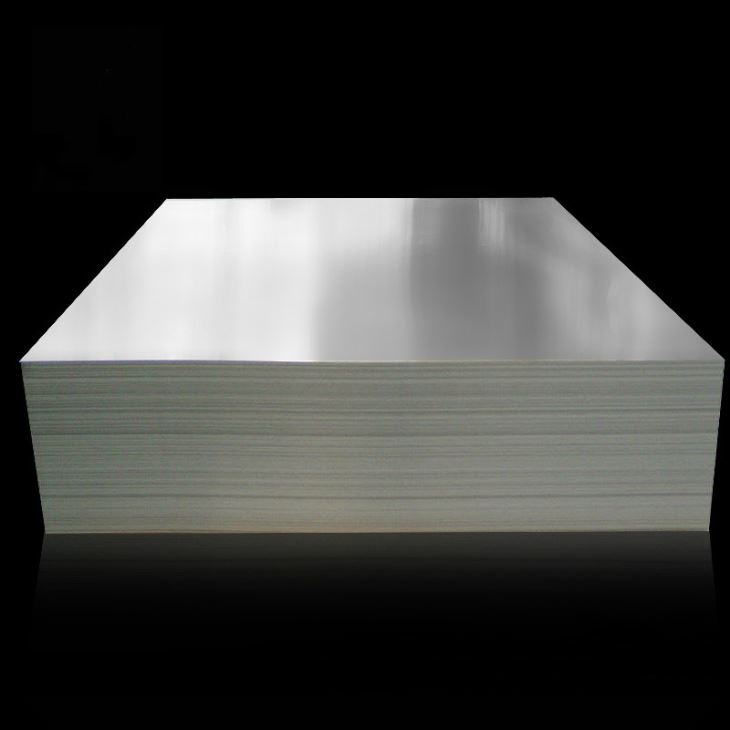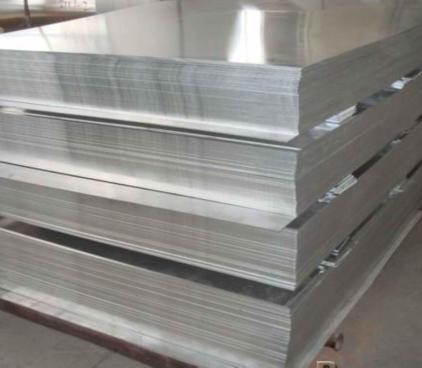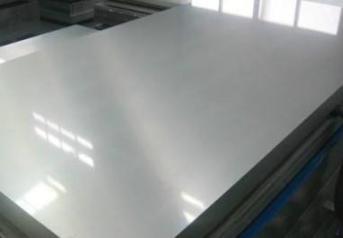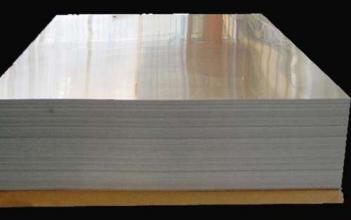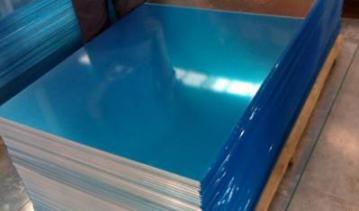How can the transport sector reach future CO2 targets in the most cost efficient manner? A simple question that triggered the attention of key decision makers such as MEP Adina-Valean, high level Commission officials, industry representatives, academia and NGOs., all shared their views on the future reform of CO2 for cars and vans expected by the end of the year. European Aluminium (EA) led the debate with some important remarks by its top representatives.
The aluminium industry is a strong supporter of the transition to low carbon mobility. As a lightweight material, using aluminium in vehicles both reduces CO2 emissions and improves fuel efficiency,” stated Kjetil Ebbesberg, EA chairman and executive vice-president of Hydro’s Rolled Products business. “Demand for aluminium in the automotive market – already growing for several decades – is projected to further increase in the coming years. Clearly aluminium’s unique properties as strong, light and fully recyclable are not just appreciated but demanded.”
The aluminium content in cars is forecast to increase by up to 30% over the next ten years, increasing from 150 kg today to 200 kg in 2025, provided lightweighting is better encouraged in future regulations. Today, the average European car weighs 1,400 kg. When replacing mild steel, 200 kg of aluminium in a car can make the car 200 kg lighter, thereby reducing CO2 emissions by up to 16 grams per kilometre. Taking into account that on average car manufacturers in Europe have to move from around 120 g/km to 95 g/km by 2021, increasing the aluminium content in cars could play a significant role in helping car manufacturers reach their target.
Ebbesberg continued: “Policymakers must remember that lightweighting is also a strategic priority for the European car industry. The aluminium industry has invested more than 1.1 billion euros in auto body sheet over the last decade. If European legislation does not encourage innovation also on the material side, European manufacturers risk losing their competitive advantage on lightweight materials.”
Gerd Götz, EA’s director general added: “All low carbon mobility roads lead to lightweighting. Lightweighting solutions are integral to limiting CO2 emissions from vehicles and reaching future EU targets. Currently the situation in the EU is paradoxical: heavier cars are allowed to emit more CO2 emissions than lighter cars. We expect the new regulation to remain technology-neutral. In practice, this means abandoning the mass-based approach. Car manufacturers should be free to choose the most cost efficient solutions to attain their CO2 reduction objective.”
In addition to the debate, the event gave participants an opportunity to experience lightweight aluminium solutions first-hand. From electric motorbikes to virtual reality cars to bikes made from recycled beverage cans, the interactive Aluminium Playground brought the future of mobility to life.
Related News
- Wilbur Ross:The US President Tr
- Tariffs On Steel, Aluminum Set
- Morgan Stanley CEO Says Steel,
- China's Aluminium Inventory Hit
- Which Sledgehammer Will Trump U
- Trump Security Plan Boosts Case
- SMB Plans Guinea Alumina Refine
- Primary Aluminum Output (China
- Aluminum Waste And Scrap Export
- China’s First Zero Emission I
- What Is Embossed Aluminum Plate
- Insulation Aluminum Plate Perfo
- How Will China Alumina Price Go
- U.S. Defers China Aluminum Foil

